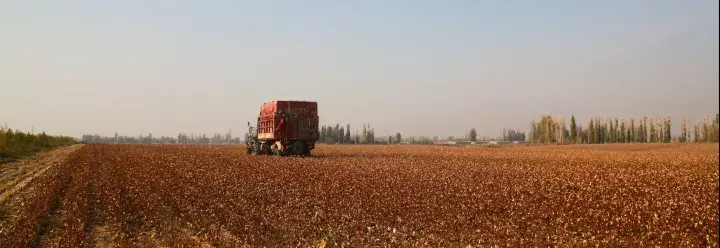As the European Union considers legislation to address supply chain deforestation later this year, we reflect on how standards and similar systems can support and complement EU efforts to drive collective action.
Last year, we published a blog wondering if 2020 would be the start of a new era of mandatory corporate due diligence. Pressure for an EU-wide approach to address human rights and the environment in global value chains was mounting, and a range of entities including ISEAL members were calling for the EU to put in place effective measures.
Fast forward to today, and it looks increasingly likely that companies accessing EU markets will be compelled to assess and address the negative impacts of their sourcing practices. This will require them to adopt transparent and effective supply chain policies and invest in the most problematic areas of their supply chain.
Removing deforestation from EU supply chains
Over a million submissions were made as part of the European Commission's public consultation on its proposed deforestation agenda – the largest on environmental issues in the history of the EU. A range of policy measures were put on the table – including strict due diligence requirements for companies. The European Commission will publish an impact report on the possible policy measures later in 2021, along with a proposal for the European Council to deliberate.
Many stakeholders are calling for an effective ‘smart mix’ of demand- and supply-side policies, reflecting the need for a multi-layered approach to tackling complex issues such as supply-chain driven deforestation. To be effective, this mix should include and build on existing sustainability systems that adopt and demonstrate credible practices.
These sustainability systems provide an inclusive, collective and transparent mechanism to drive more sustainable supply chains, and are well placed to support the EU in ramping up action on deforestation. They provide a consistent way to differentiate between products made with unsustainable or more sustainable methods – information which policy makers, companies, and consumers will increasingly need. They also allow companies to drive better production practices in concrete terms and can incentivise gradual improvements to tackle a range of issues, including deforestation.
EU action and voluntary sustainability systems
It is important to recognise that voluntary sustainability systems alone will not address structural economic weaknesses, or widespread social and environmental inequality.
Context is important: a range of studies illustrate that standards are driving outcomes in a variety of contexts, while having less success in others. ISEAL members are responding to findings with promising innovations to both their systems and broader strategies.
Regulations or public policies that seek to drive supply chain sustainability can be more successful if they leverage reliable and effective initiatives and systems. This need for complementarity is something that ISEAL and its members highlighted in a briefing note published on the EU’s agenda last year.
Voluntary standards and initiatives have supported governments to incentivise more sustainable and responsible supply chains in a range of ways. As more policymakers explore the possibilities of integrating sustainability systems into their policies, ISEAL will continue to support them in achieving their goals.



